Speech and Language Development
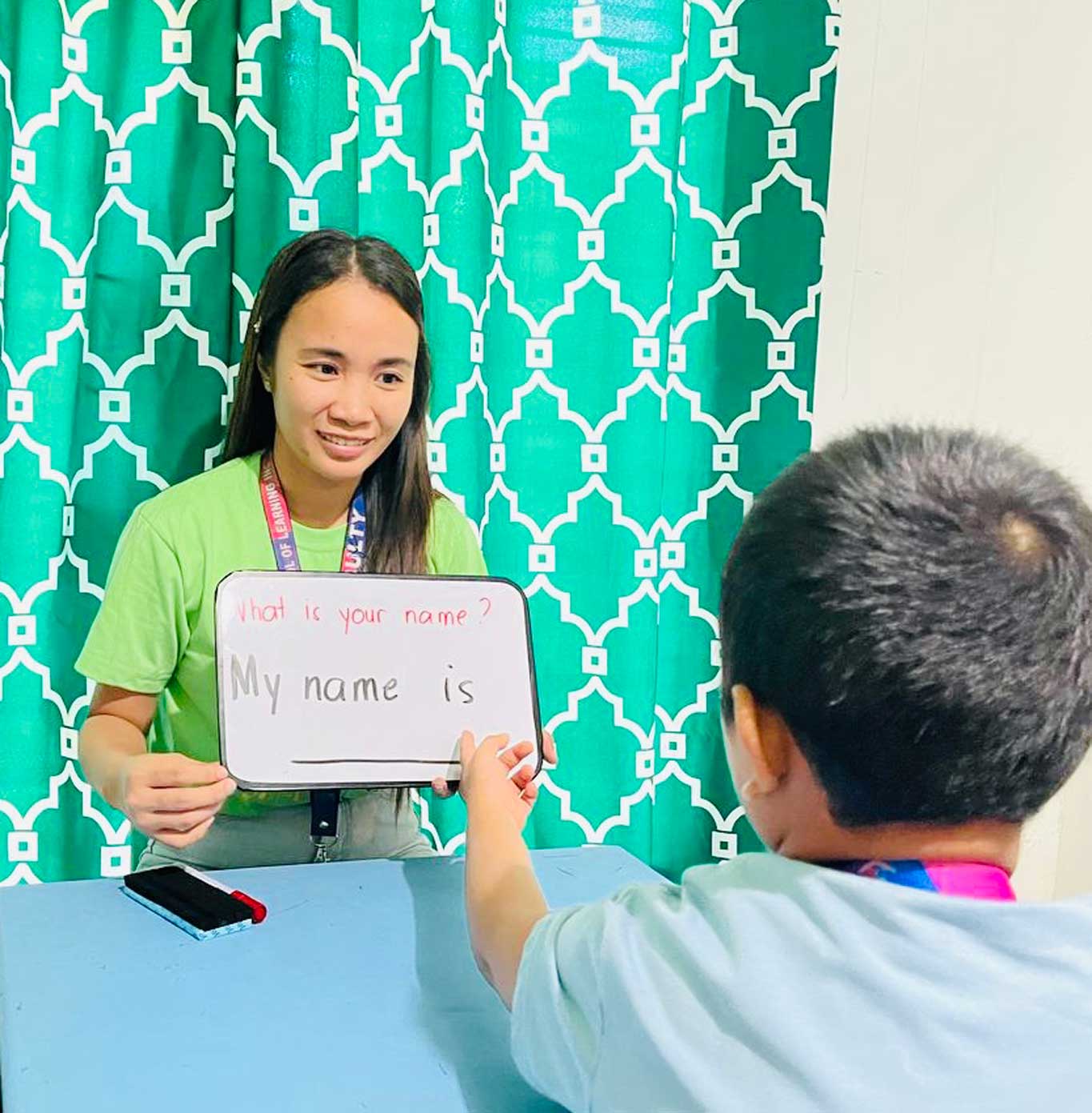
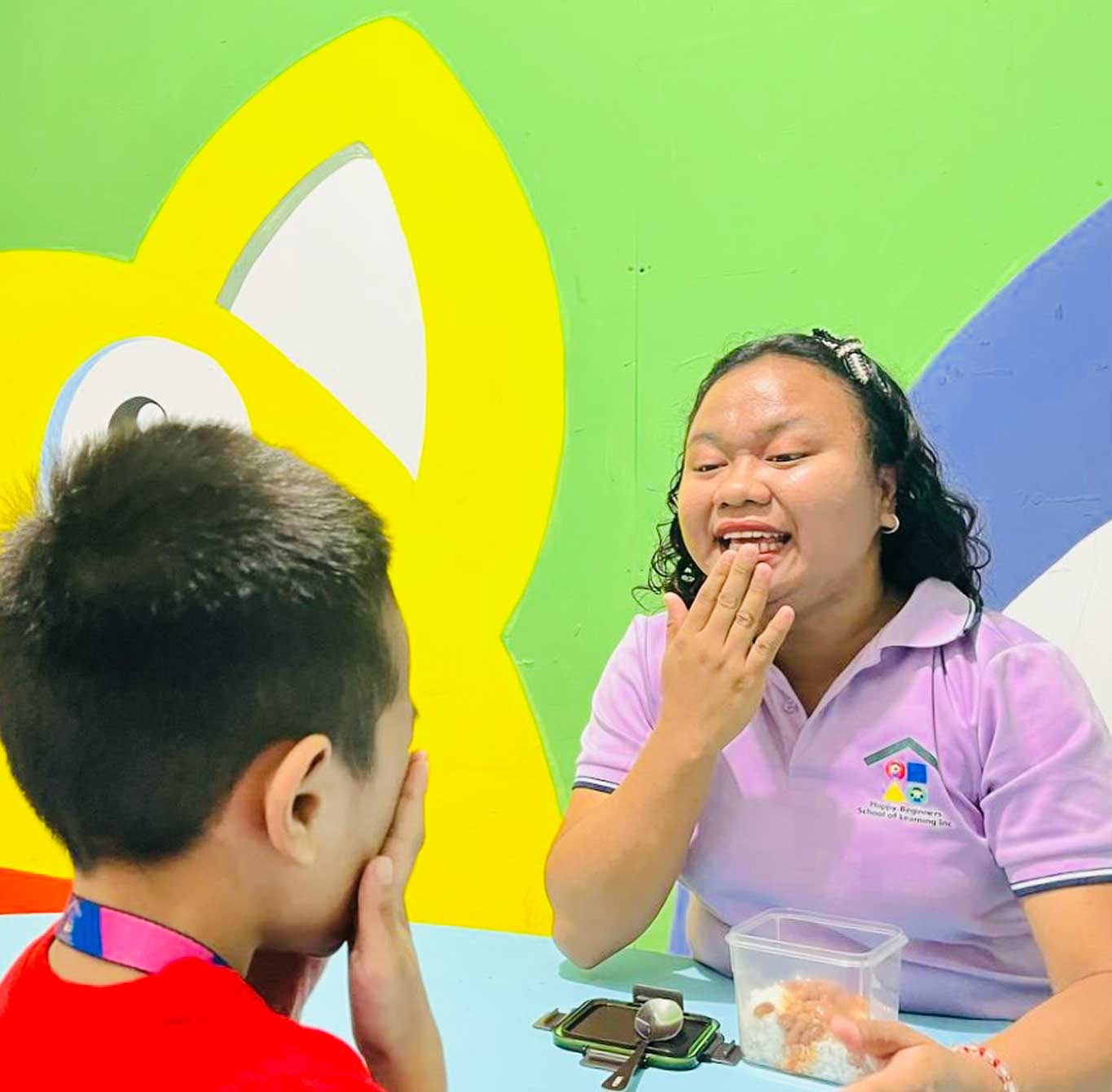
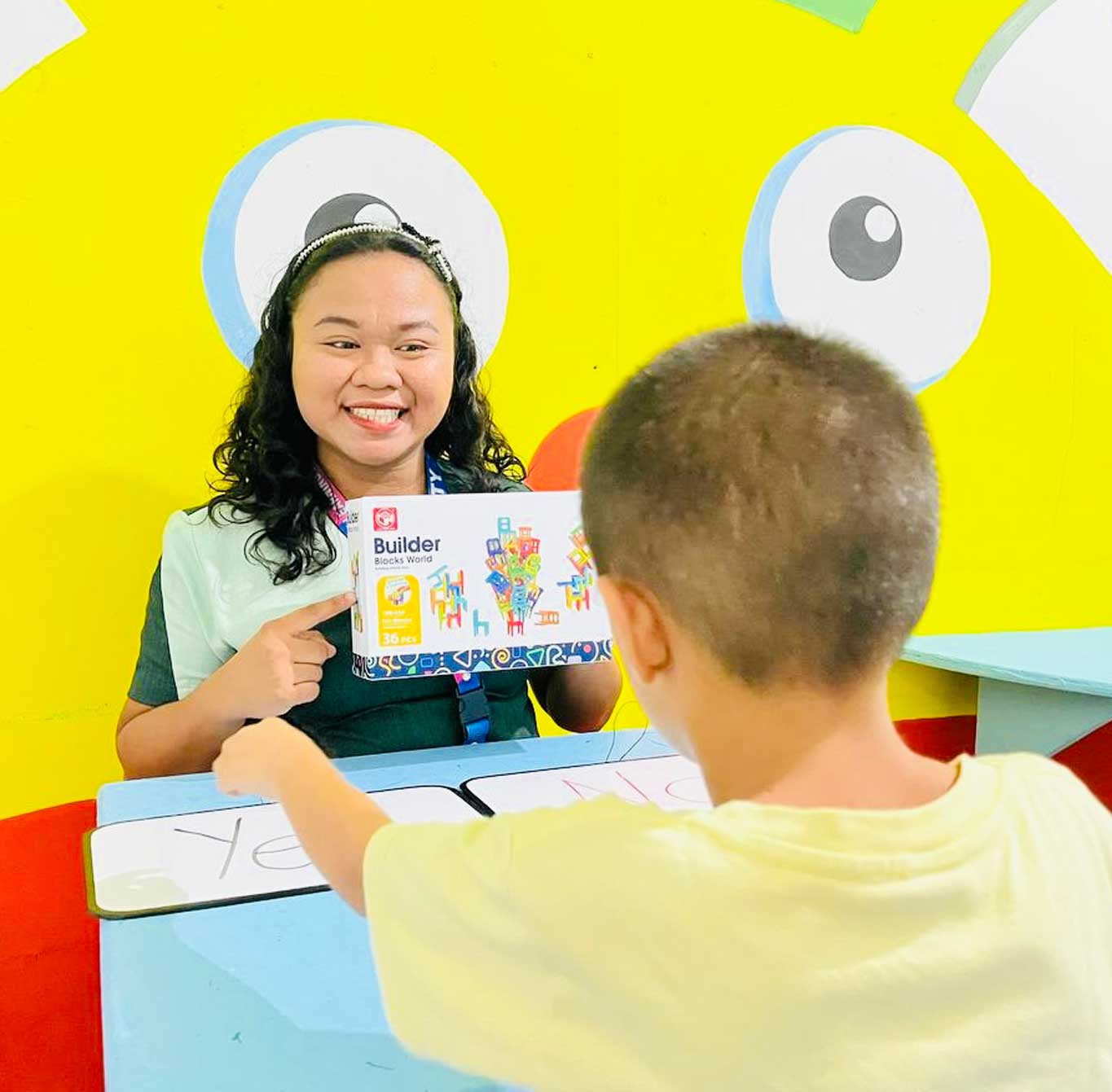
Receptive Language Skills
- Is the ability to understand the words, sentences, and meaning of what others say or what is read.
- Listening and reading skills are examples of receptive language.
- Also we can communicate with others through pointing, following directions, and understanding basic concepts. Examples (building blocks, solving puzzles, and identifying functions of community helpers).
Expressive Language Skills
The capacity to communicate your needs and wants either orally or nonverbally is known as expressive language. It is the capacity to express ideas in coherent, grammatically sound words and sentences. Children who struggle to articulate their needs and wants may be suffering from an expressive language disorder or expressive language difficulties. When young children fail to reach key developmental milestones, expressive language impairments are frequently suspected.
Social Behavioral Development
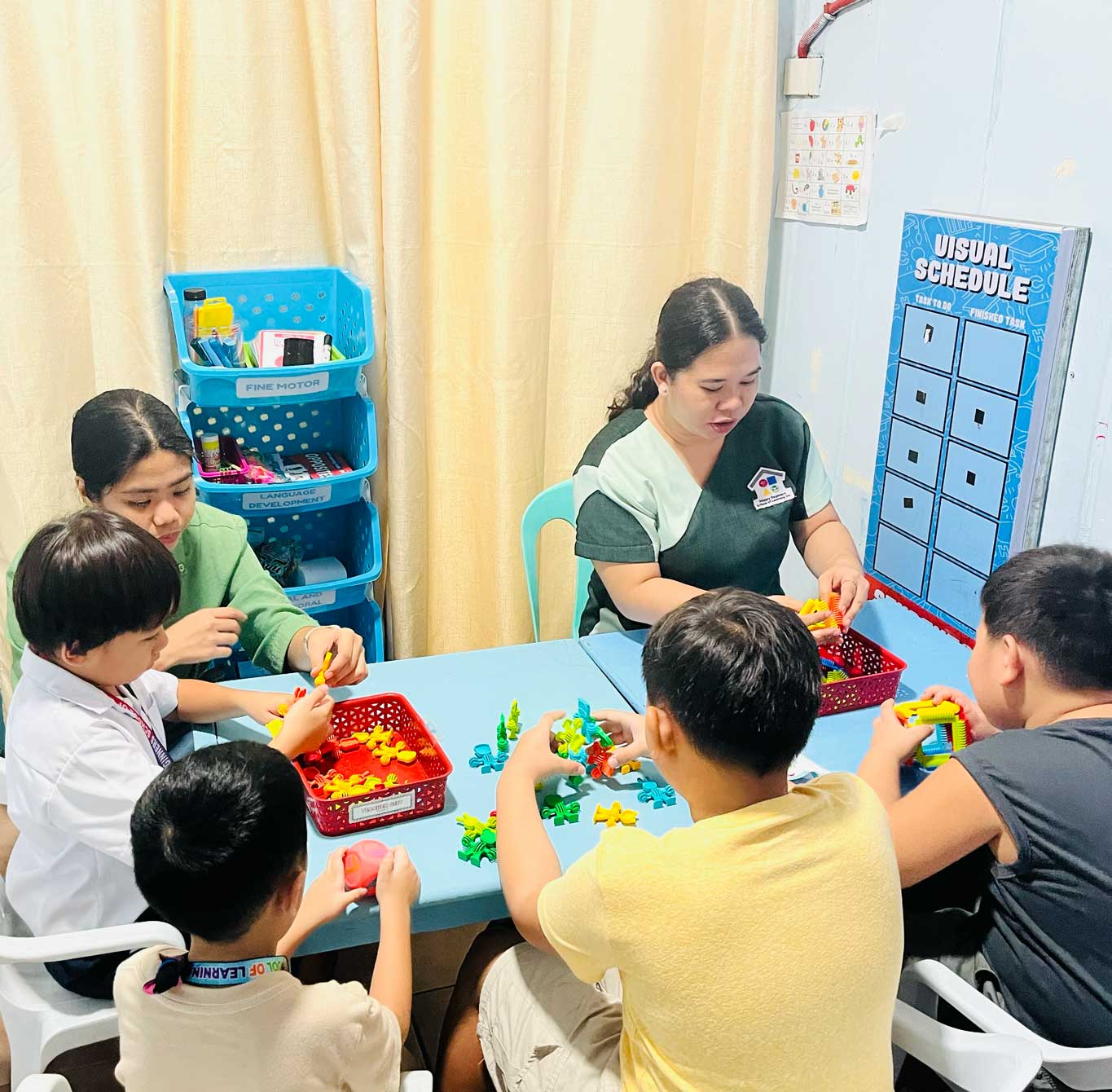
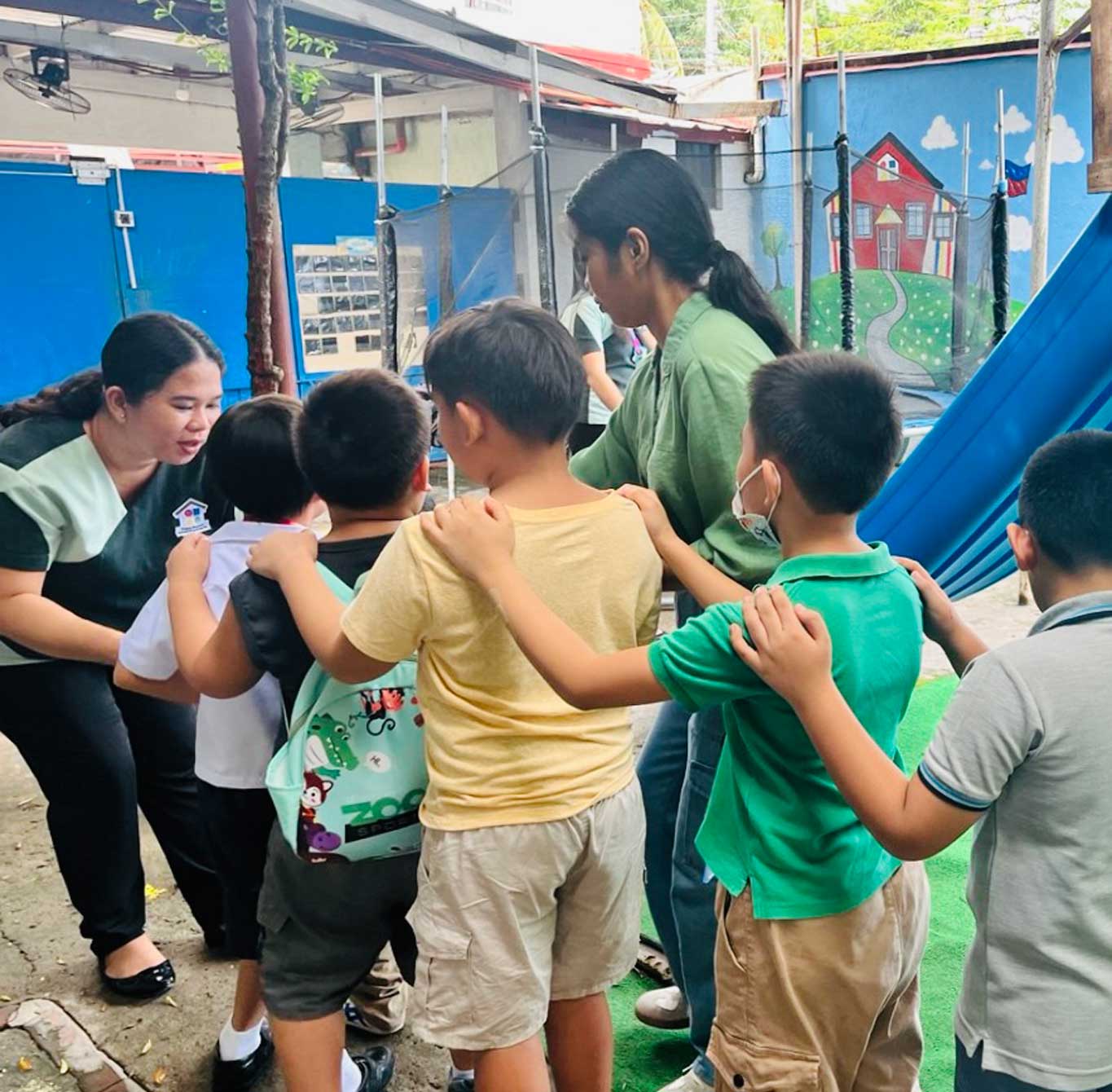
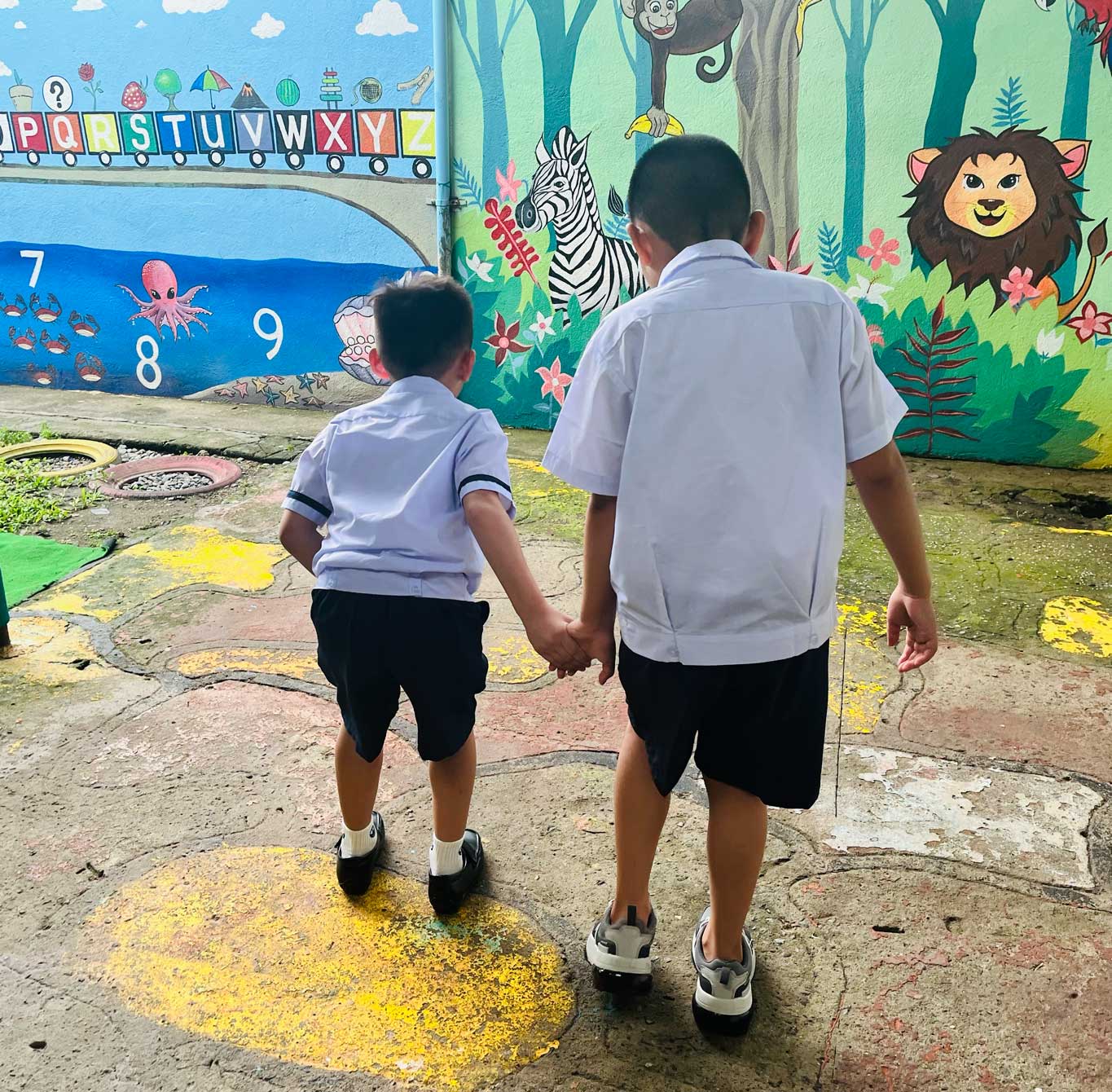
What Are Social/ Behavioral Skills?
- Social skills are ways of interacting with others that make it easier to succeed socially. They allow you to communicate effectively and understand what others are trying to communicate to you, both verbally and non-verbally.
- Behavioral skills are the abilities you have that influence how you interact with other people and how you respond to certain situations. They direct aspects of your behavior, such as your emotional responses, how you think about things, your capacity to socialize and your actions and reactions.
Self-help Skills
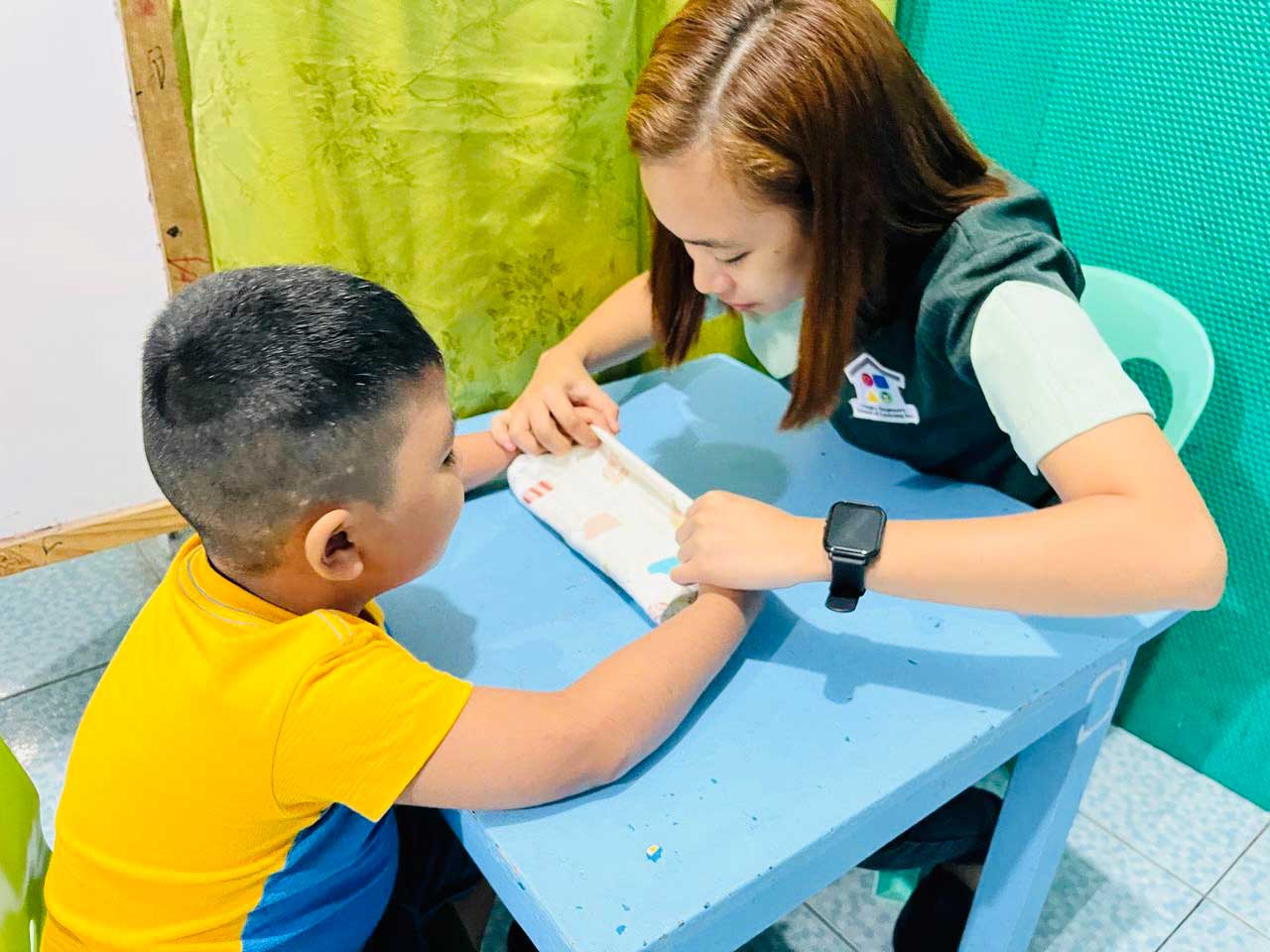
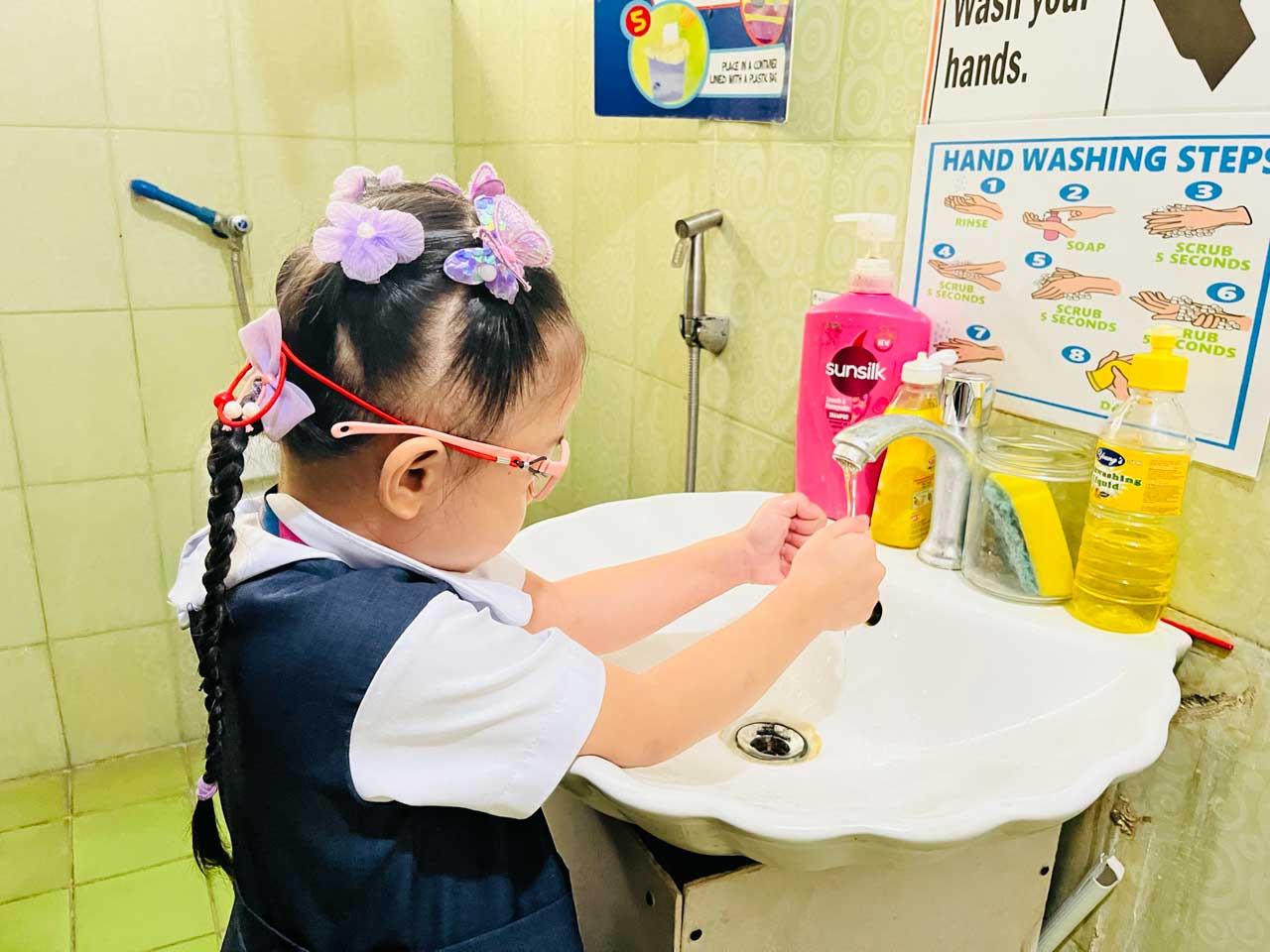
Self-help skills can include physical skills such as dressing or bathing, and they can include mental and emotional skills such as knowing when to use the restroom, showing kindness to others, and offering to help around the house. The development of self-help skills is necessary for a child's future independence.
Gross Motor Development
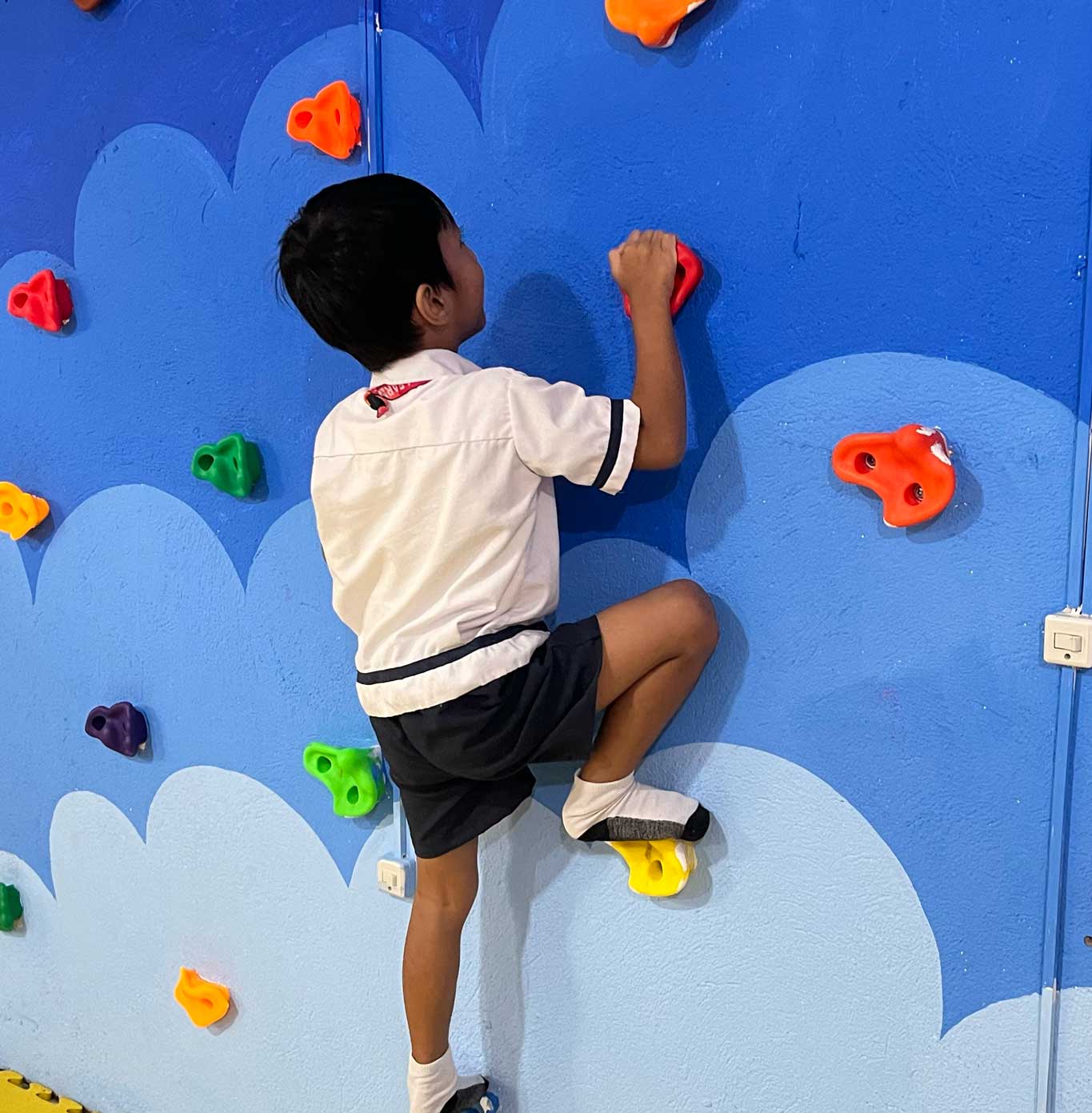
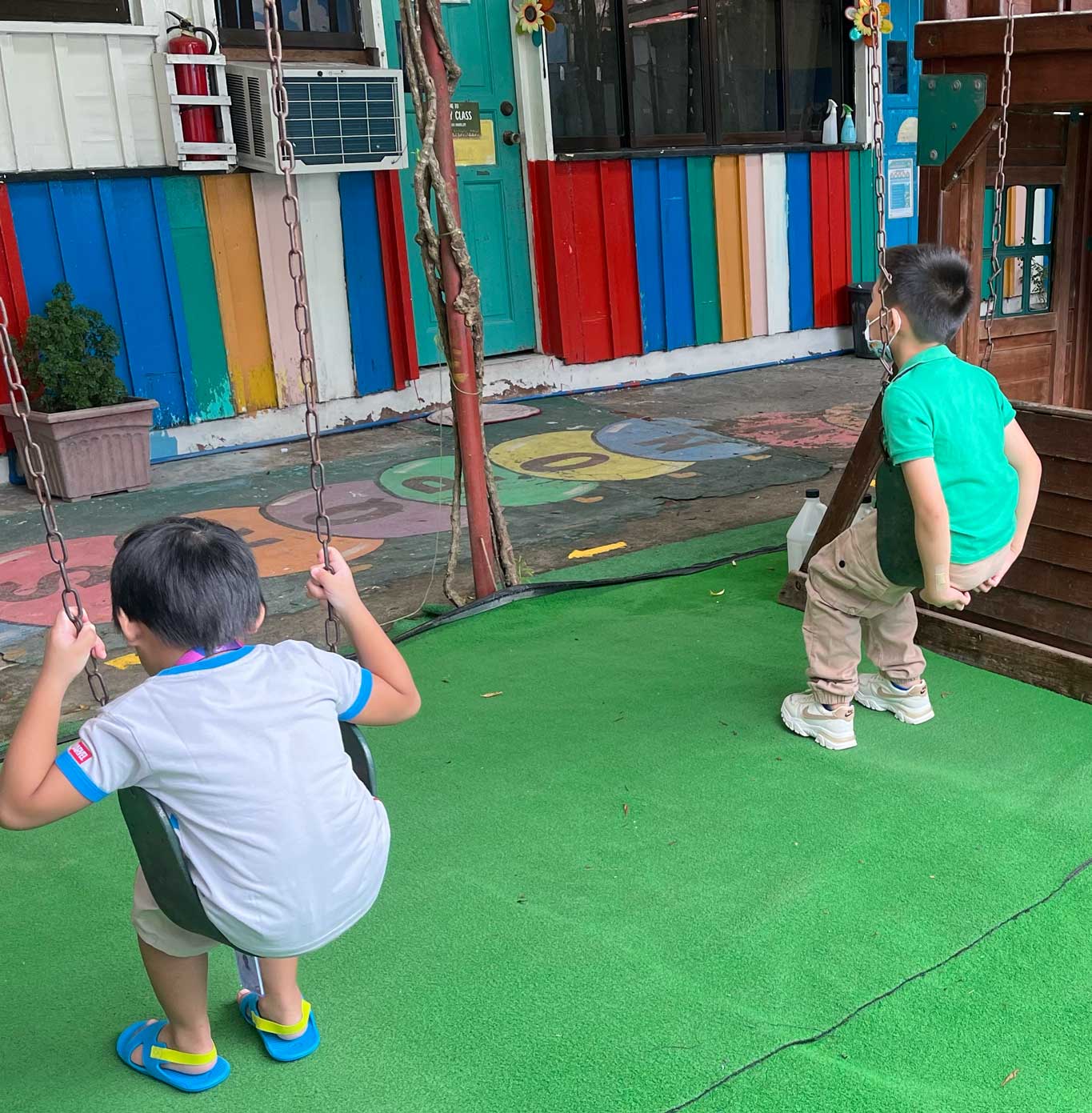
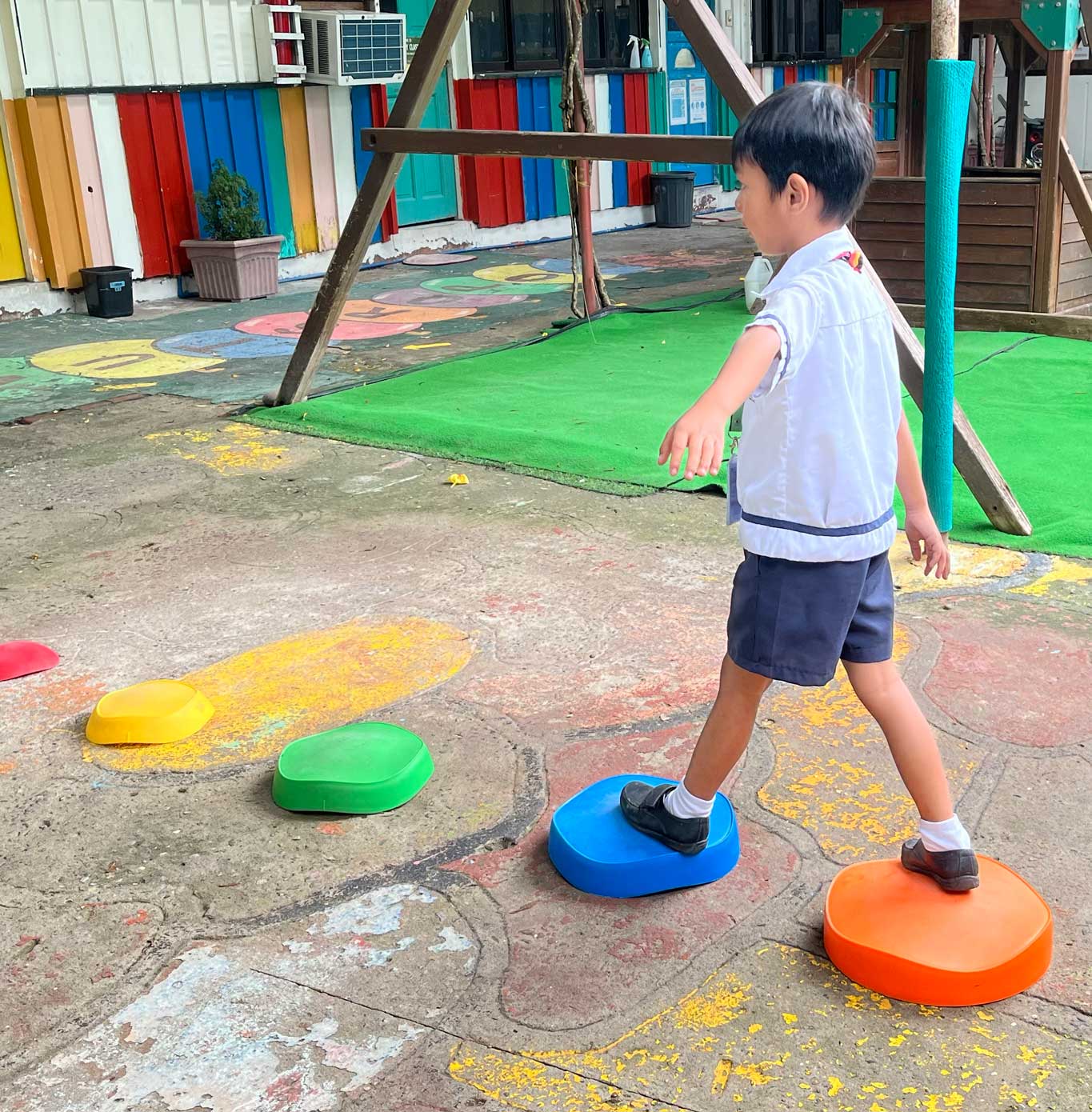
Gross motor skills involve the coordination of large muscle groups in the arms, legs, and torso for activities like dancing, running, crawling, and jumping. Improved gross motor skills can enhance students’ physical development, balance, and posture, which serve as the foundation for more complex movements and activities as they grow and develop.
Fine Motor Development

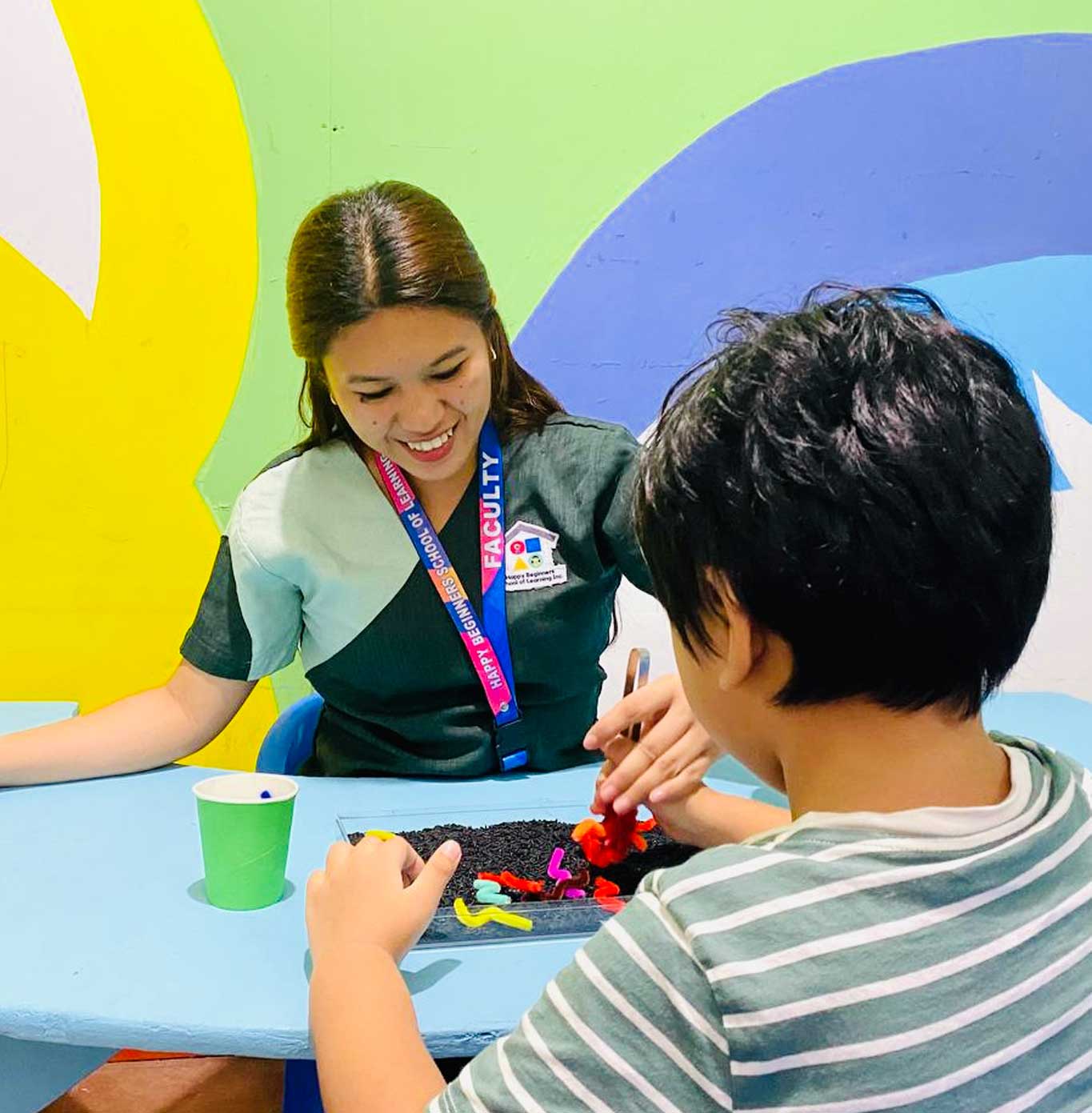
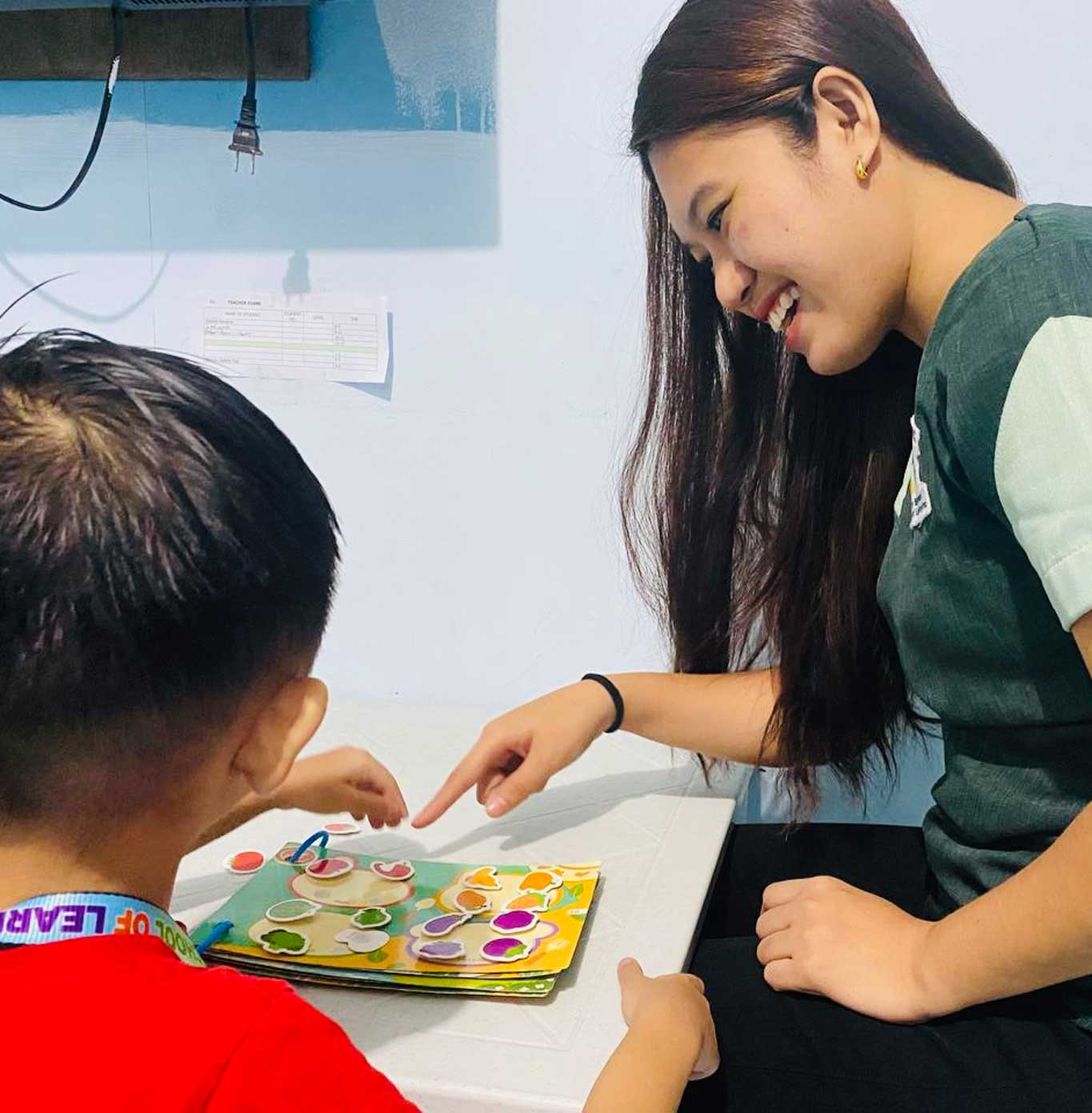
Coordination of small muscles in movement with the eyes, hands and fingers. Common activities are using pencils, coloring, cutting and building blocks. This skill is important for doing everyday tasks and develops continuously through human developmental stages.
Community Exposure Program
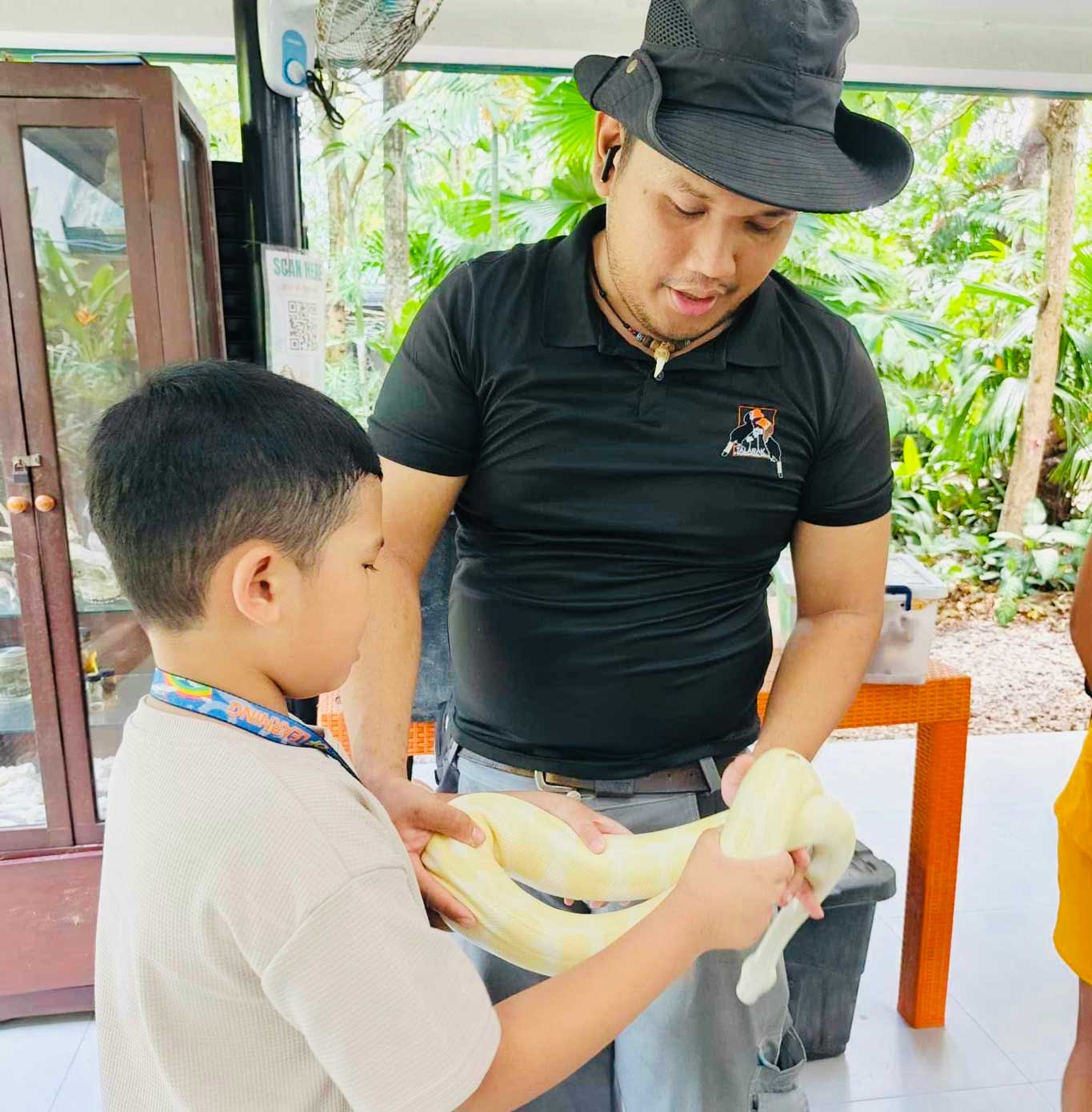
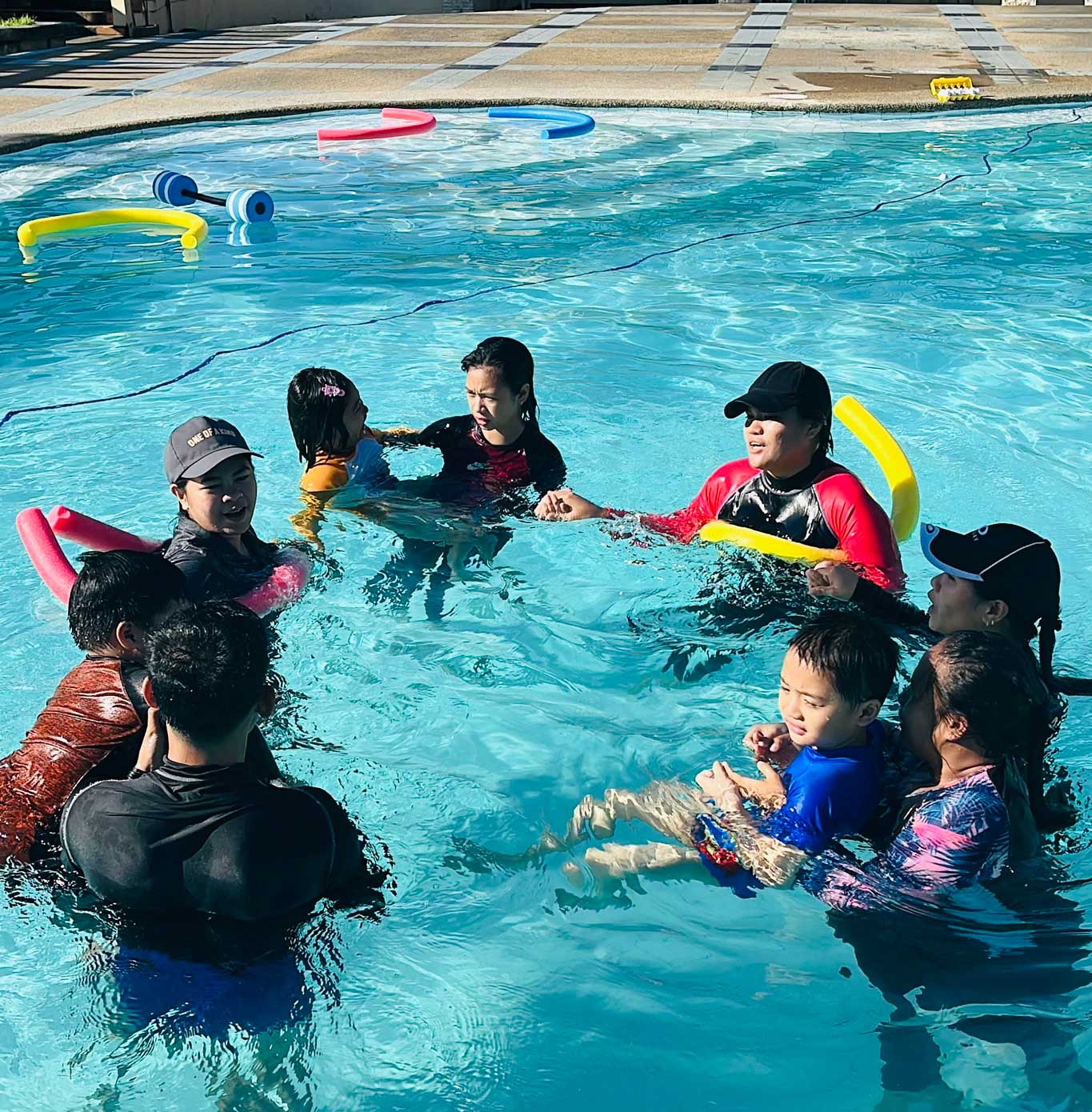
Zoo Visitation
Aqua Therapy
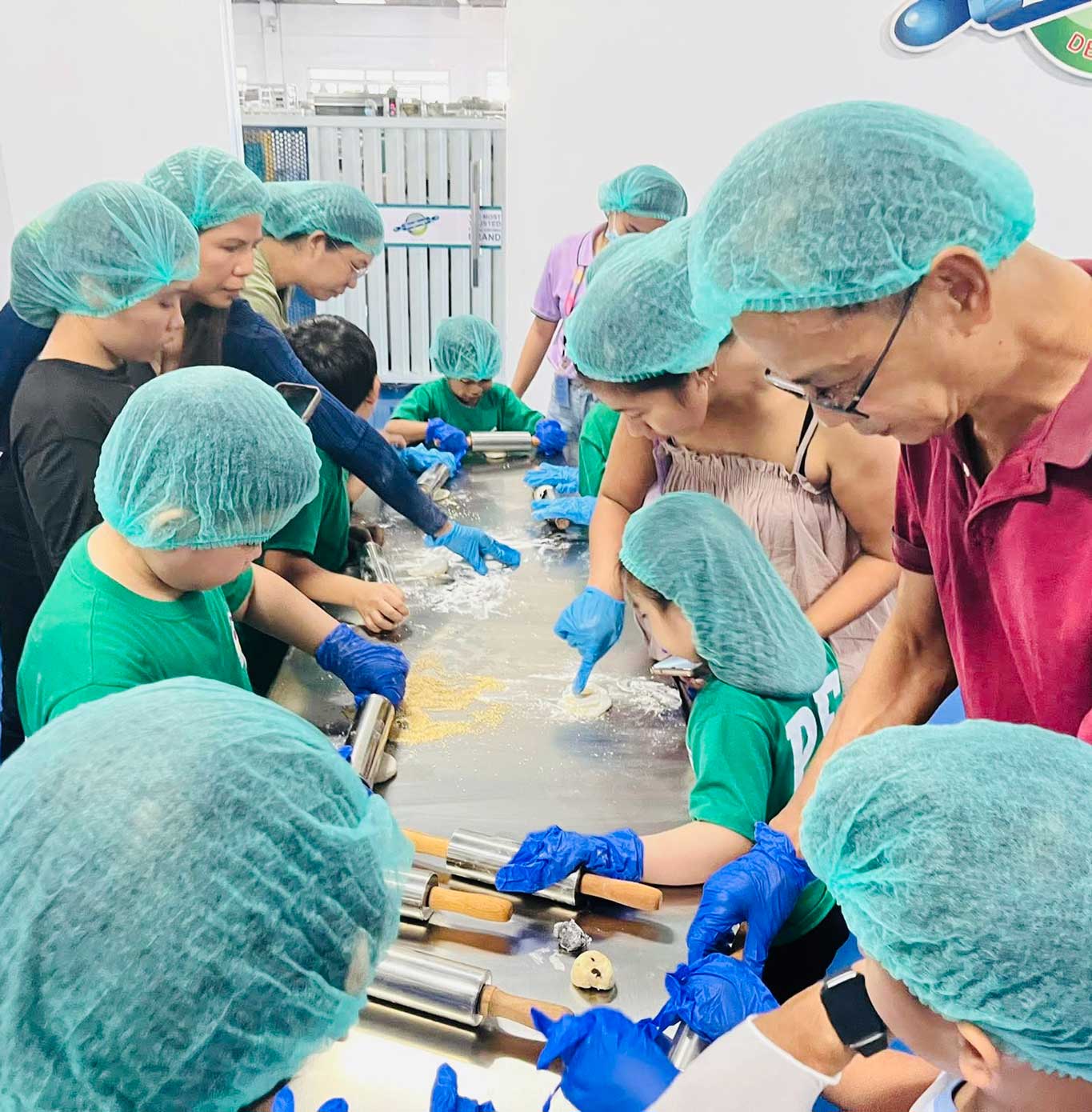
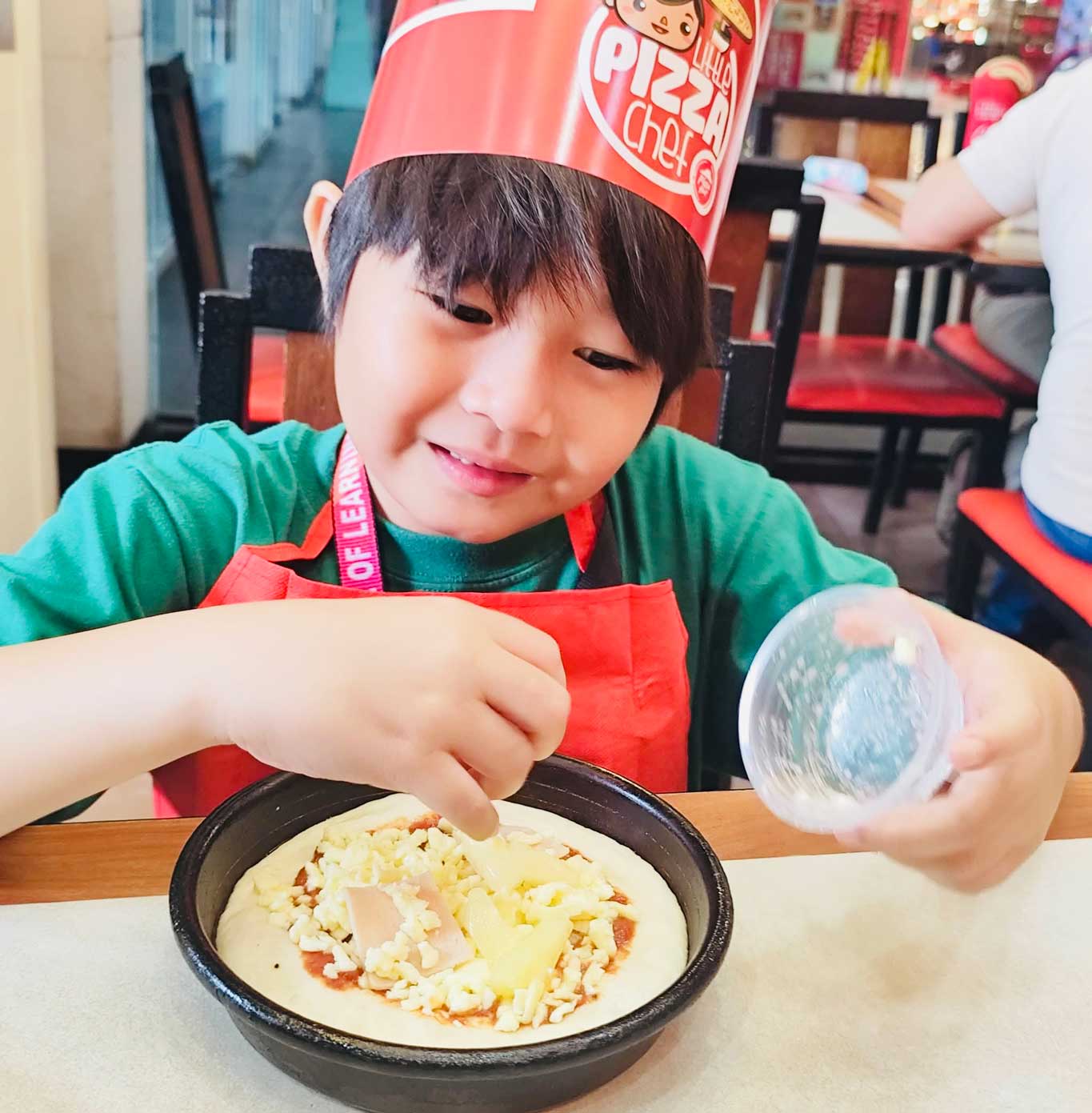
Bongbongs
Pizza Hut
Academic Skills
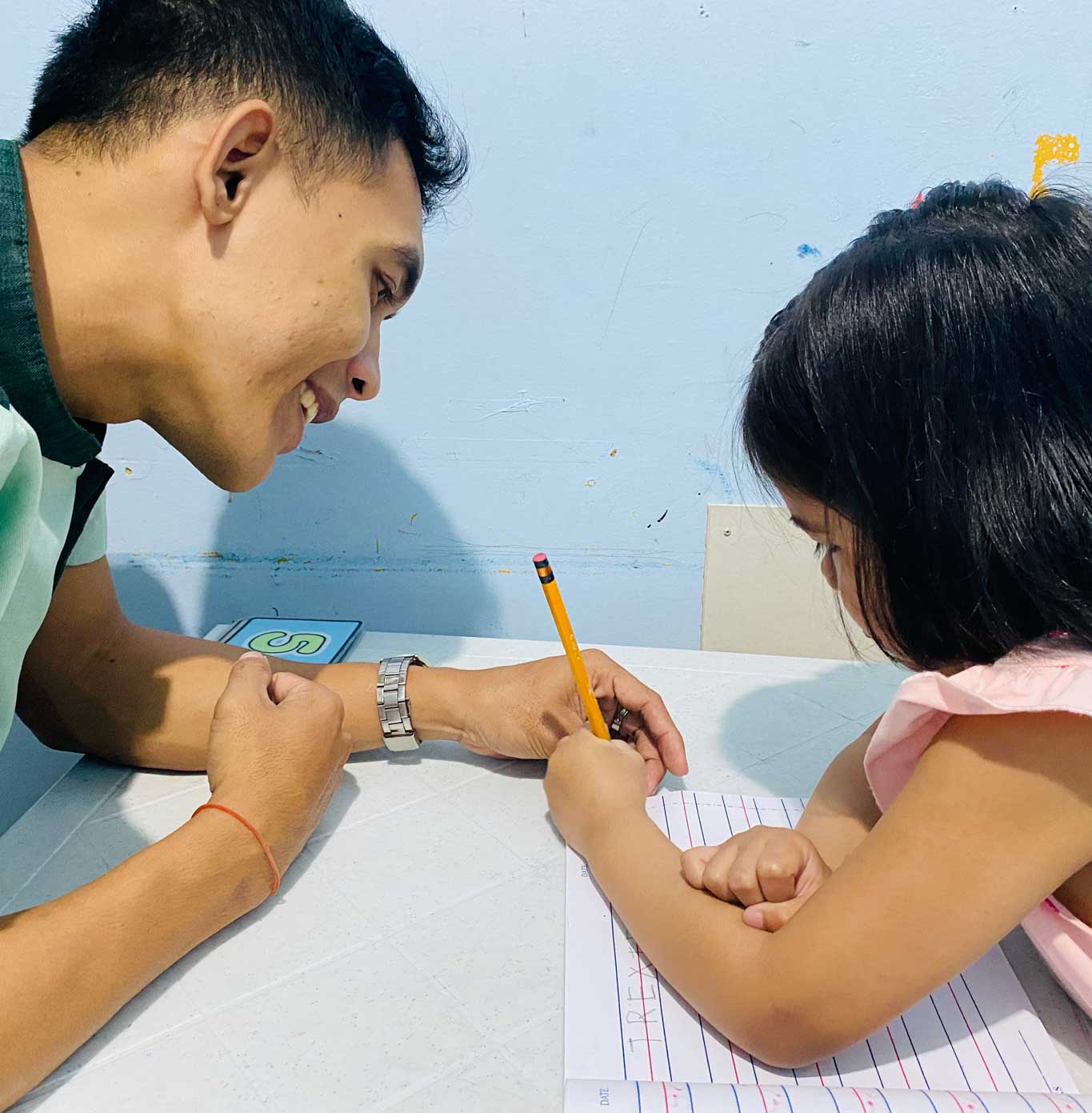
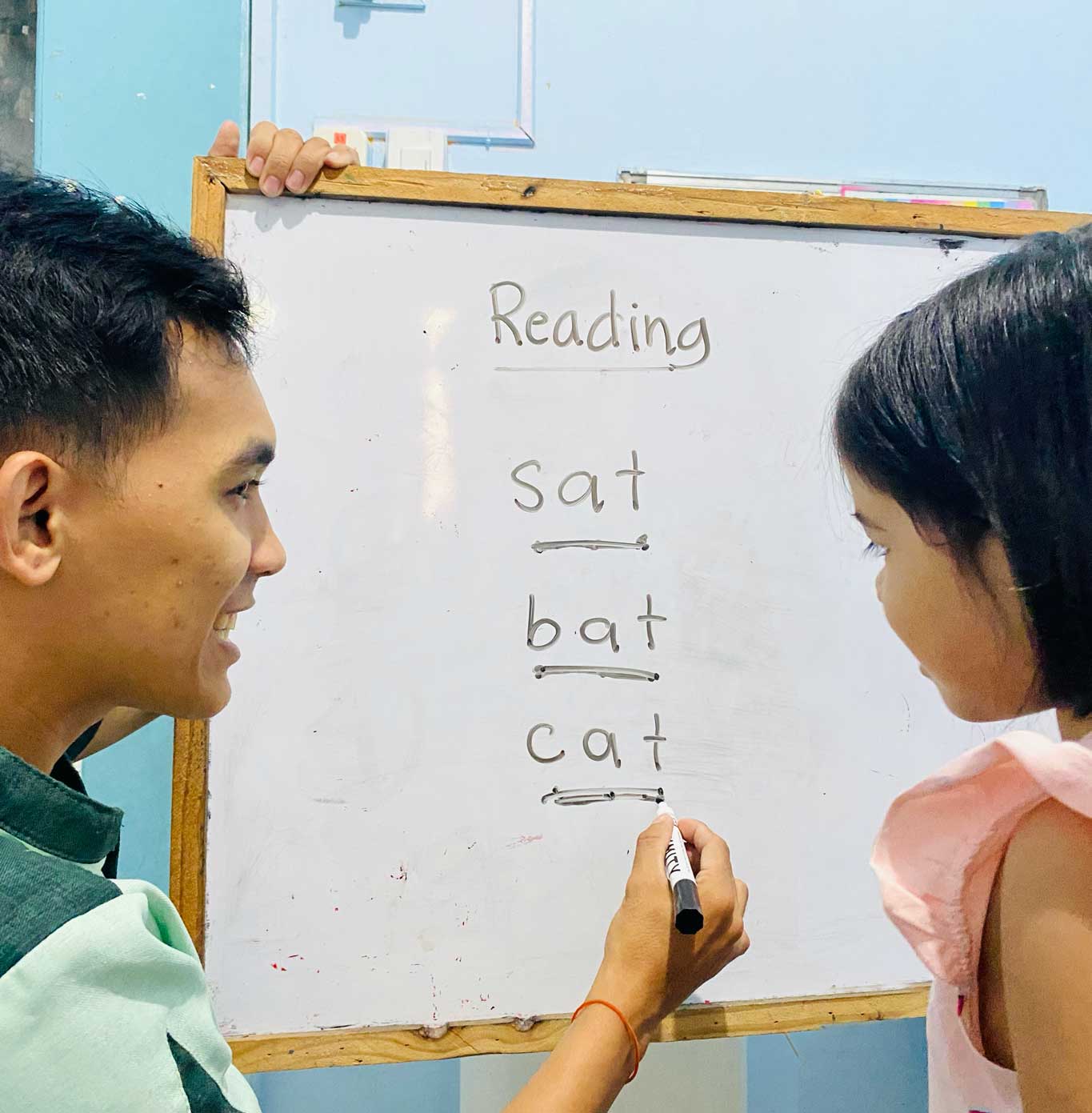
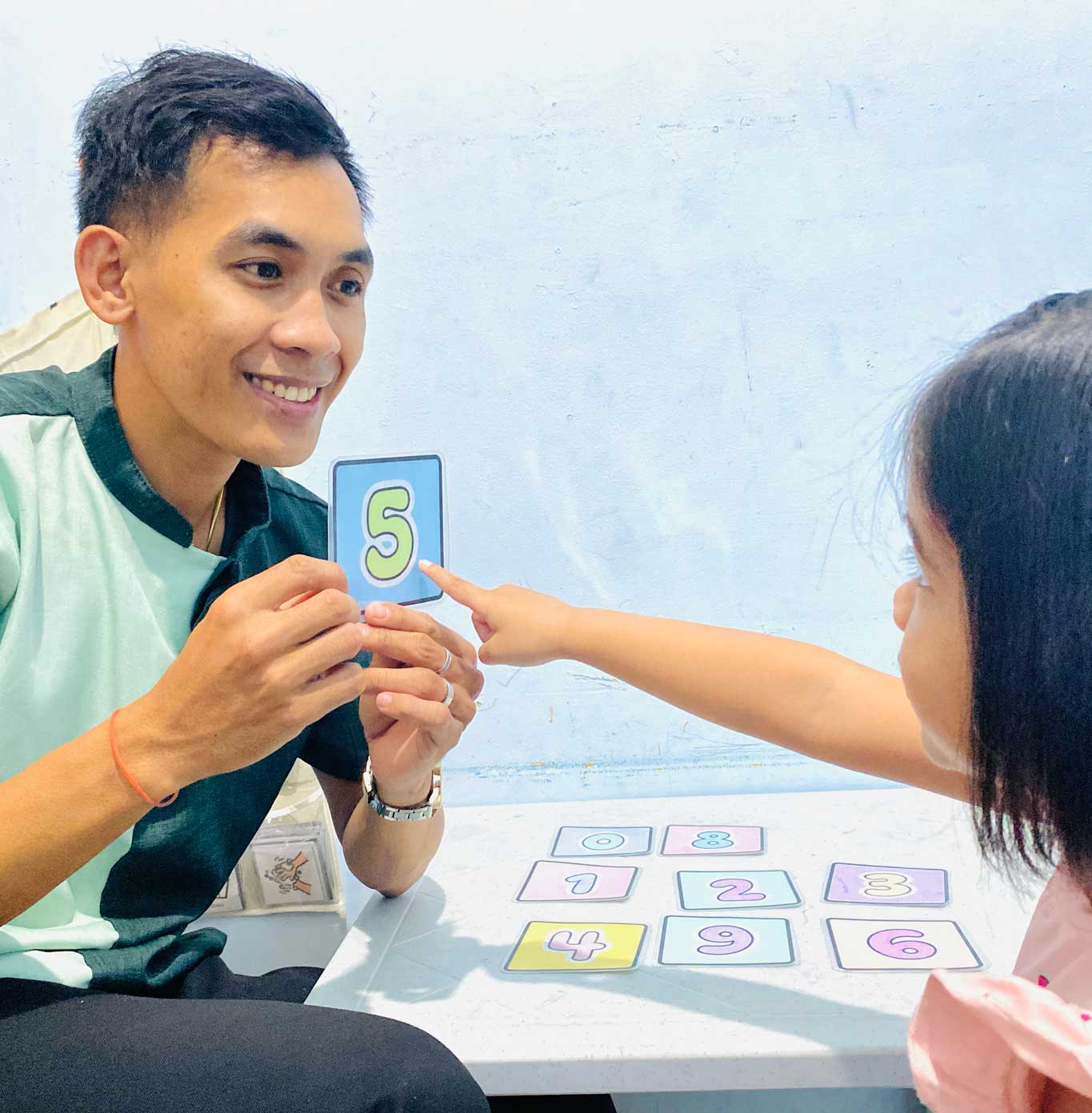
Writing
- Writing is fundamental skills in child’s development. It includes spelling and sentence creation.
- Writing is skills of expressing oneself with the use of text. We let the student express themselves verbally but also with the use of writing.
- In Writing they will learn to spell words and blend it to create simple sentences. Until they reach in a level they could use writing as a medium of their feelings.
Reading
Reading is defined as a cognitive process of decoding symbols, letters and texts and comprehending the meaning of them. It also enhances child's vocabulary, language and literacy skills. In fact, many studies proved that reading exposes children to learn a range of new vocabularies, improves literacy and language skills through reading words that are spoken aloud.
Also, reading develops creativity, enhances concentration, attention span and better memory retention that are essential to children's academic performance in school. Lastly, it also allows learners to use their imagination in exploring people, places and events beyond to their own experiences.
Math
It is where we learn numbers, shapes, colors, patterns, basic operations, and our critical thinking skills so we can relate to each other and apply it to the real world.
